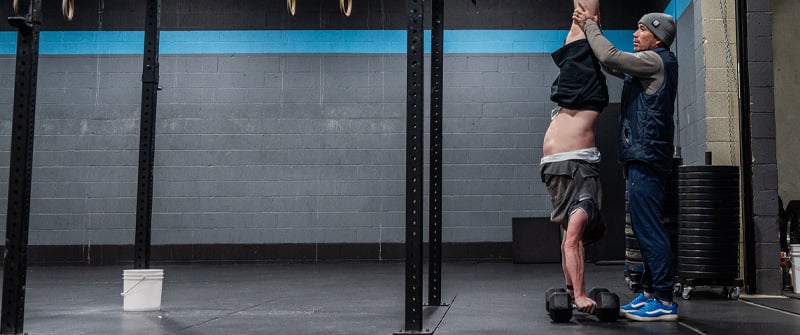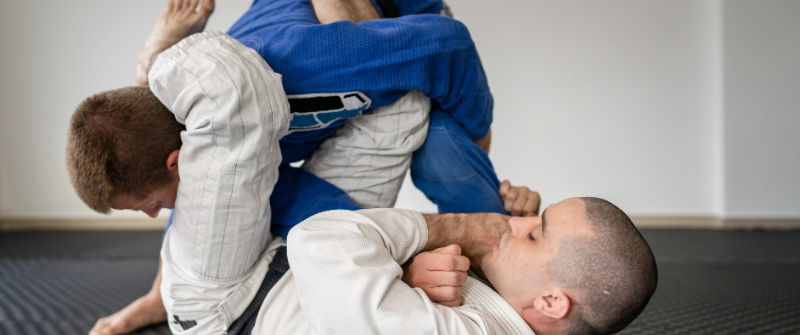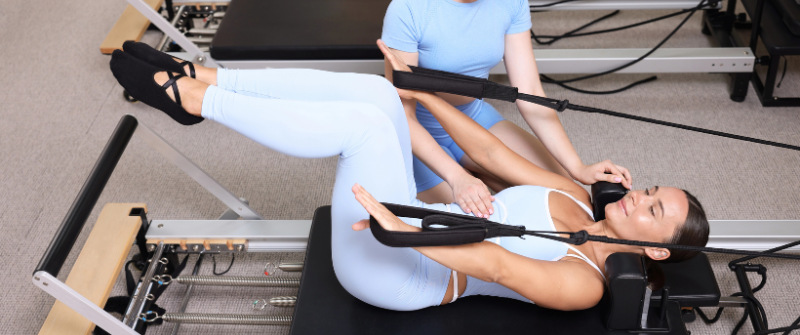
- by NEXO Team
- January 9, 2023
It’s no secret that business owners often assume legal liability for certain actions. But many fitness professionals are unaware that gym proprietors are held to a higher standard and can be held liable for the acts of others who represent them and offer services to their clients. Owning or operating a gym can be highly rewarding but only when appropriate measures are taken to mitigate risks, that includes vicarious liabilities.
Insurance is a must-have for gym proprietors, regardless of the services they offer. Gym insurance is invaluable peace of mind protection for fitness businesses where practically anything can happen in the blink of an eye that puts clients in danger of accidents and injuries.
What Is Vicarious Liability?
Also known as imputed liability, it’s a legal provision that mandates gym owners assume financial and legal responsibility for incidents caused by their trainers, staff, employees, contractors, or anyone who acts as their agent.
That means you don't even have to be on the premises or in town the minute one of your trainers or agents does something that causes damages or injures a client. Vicariously liability also includes incidents or damage caused by defective equipment, a poorly maintained building, flooring, and trainer negligence.
In order to protect your gym business from others, review the following examples of how vicariously liability that may apply to your situation.
Examples of Vicarious Liability at the Gym
Trainer Mistakes:
Personal trainers are a boon to any fitness business, especially if they have the right credentials to back up their expertise and a great personality. It’s common practice for novice gym owners to hire uninsured and inexperienced professionals to minimize their payroll and staffing costs, especially during the initial stages of operation. The issue with this is it leaves them on the hook financially and legally for any mistakes or problems that arise from the actions of their uninsured staff that cause members harm.
For example, if a trainer fails to properly instruct a client on their form or technique and they end up dropping weights on their feet, that member doesn't have to sue the trainer directly responsible for their injury. They can simply file a lawsuit against the gym owner instead.
Facility Safety Issues:
Another example involves facility maintenance issues. What if a member spills something on the gym floor and leaves the area or facility? It’s the responsibility of the staff to wipe up the spill and add appropriate safety wet floor signs to warn others to prevent accidents. In the event that your staff fails to adhere to proper safety protocols regarding the wet floor, you, as the owner, could find yourself named in a lawsuit for damages.
Faulty Equipment Repairs:
It’s important to vet all professionals before hiring them to perform a service, especially if it involves repairing and maintaining gym equipment. Faulty repairs are a leading cause of gym injuries and a huge headache for gym proprietors to deal with legally. Equipment that malfunctions and injures members could be held against you, the owner, but if the repairman has liability insurance, that could be one less liability issue of concern for you.
What Determines Gym Proprietor Liability?

The relationship between the individual and the gym owner helps to determine who should be held liable in vicarious situations. Anyone that you hire or contract with to represent your business or its services is considered an agent. That includes staff, independent contractors, vendors, and basically anyone that exhibits authority on behalf of your fitness business or can be used to establish relationships with other parties, such as trainers and clients.
This liability doesn't apply to all situations; it is closely scrutinized on a case-by-case basis. But it does apply to issues involving negligence, indirect causes, and reasonable and foreseeable deviations/circumstances. Because there is no black-and-white or strict way to apply this, and there are circumstances where gym proprietors could be held liable for actions taken against their directive, it’s good practice to require employees and agents to have professional liability coverage before working with them.
Does Gym Insurance Offer Vicarious Liability Protection?
There are different types of gym insurance owners can use for vicarious liability protection.
General liability
General liability coverage offers protection against accidents, negligence, and damages that occur onsite. For example, instead of the gym owner assuming liability for medical//legal damages incurred from a member tripping over a training rope, the policy covers it.
Professional liability
Professional liability extends to poor training guidance, negligence, and mishaps incurred by the staff and trainers that cause clients harm, such as erroneous training techniques and poor nutritional advice. Professional liability coverage includes actual and alleged vicarious claims.
Workers’ Compensation
Workers’ compensation is necessary as well to help shield fitness business owners from incidents involving their staff and trainers. Accidents and damages stemming from mistakes and negligence often fall on the employer to cover. That means if a trainer is goofing off at work and they fall and break their arm, they can sue their employer for lost wages and medical bills. The same goes for illnesses that occur onsite. Fitness business owners can rely on workers’ compensation to cover a variety of associated legal and financial liabilities.
Key Takeaways
Gym business owners are held to a higher standard of care and duty for the actions and mistakes of their employees, contractors, vendors, and business partners. They could be held liable for any alleged or factual incident that results in injuries and damages stemming from harassment, discrimination, negligence, accidents, and equipment malfunctions.
The key word is “could.” The law is very discerning regarding reasonable actions, policies, and provisions business owners should take to prevent harm to staff, trainers, clients, vendors, and third parties.
Gym owners can easily circumvent vicarious liability claims by investing in a comprehensive gym insurance policy that includes general, professional, and workers’ compensation coverage. They should also consider requiring trainers and contractors to carry their own professional liability insurance.
To learn more about gym insurance and the different types of products available, contact NEXO to request a quote today at
.
Categories
Fill out a short form to contact us with your questions or to receive a customized quote.
Recent Posts
-
 Injury Waivers Aren’t Enough: Insurance Gaps Jiu-Jitsu Owners Overlook
January 21, 2026
Injury Waivers Aren’t Enough: Insurance Gaps Jiu-Jitsu Owners Overlook
January 21, 2026 -
 How Gym Risk Management Can Lead to Lower Premiums Over Time
January 21, 2026
How Gym Risk Management Can Lead to Lower Premiums Over Time
January 21, 2026 -
 Why Combat Sports Gyms Pay More for Insurance and How to Control Costs
January 21, 2026
Why Combat Sports Gyms Pay More for Insurance and How to Control Costs
January 21, 2026 -
 Functional Fitness Injury Trends That Impact Insurance Underwriting
January 21, 2026
Functional Fitness Injury Trends That Impact Insurance Underwriting
January 21, 2026 -
 Why Pilates Studios Face Unexpected Liability Despite Being Low-Impact
January 21, 2026
Why Pilates Studios Face Unexpected Liability Despite Being Low-Impact
January 21, 2026

